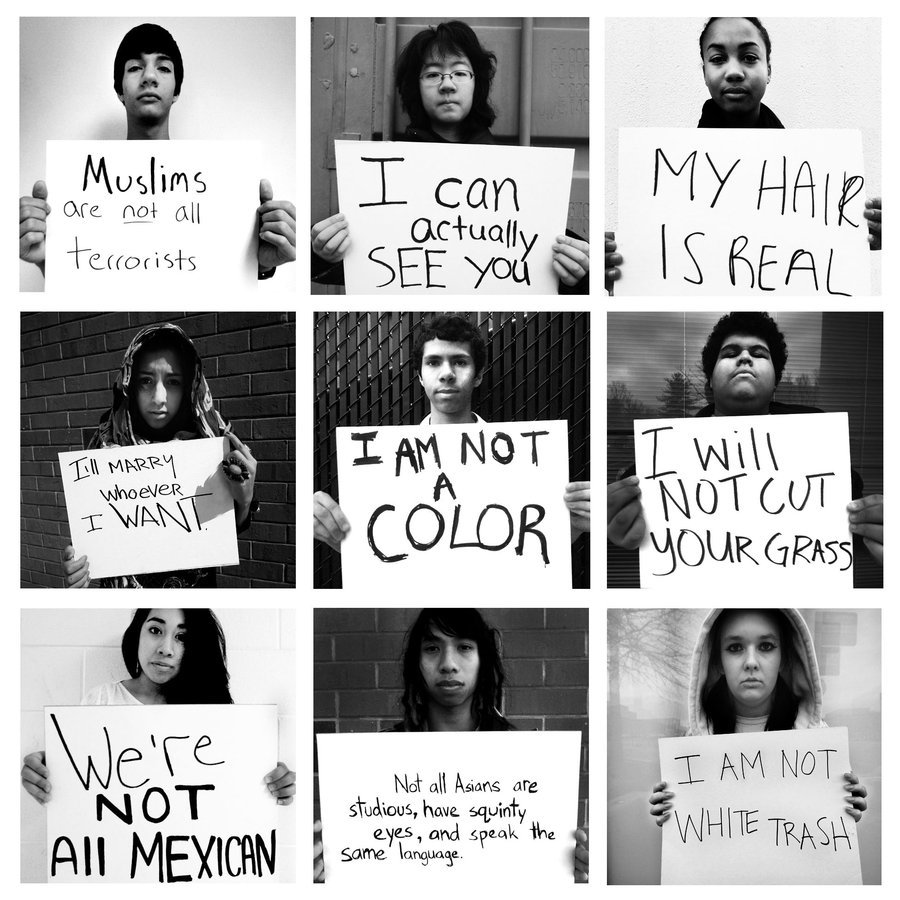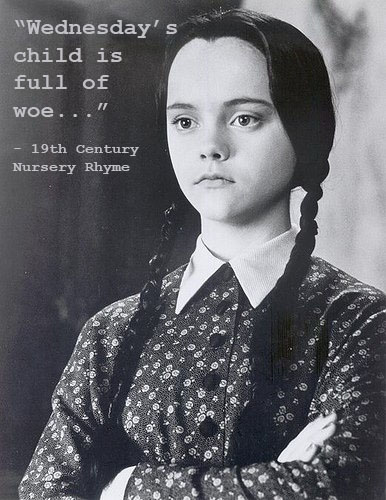 Who can resist the goofy affectations of Olympic snowboarders? Typically, their hairstyles (how about that Staale Sandbech, huh?) and wicked lingo make just as news as their jumps. In his “Sochi Story” below, Sage Kotsenburg gives a taste of his colloquial style, making fans even as he admits to not having to “sacrifice really or anything.” He’s just been able to stay cool with the help of his awesome family and awesome sponsors and awesome U.S. team, ultimately landing the “sick, really fun experience” of winning Olympic gold. Continue reading “Talk Like An Olympian”
Who can resist the goofy affectations of Olympic snowboarders? Typically, their hairstyles (how about that Staale Sandbech, huh?) and wicked lingo make just as news as their jumps. In his “Sochi Story” below, Sage Kotsenburg gives a taste of his colloquial style, making fans even as he admits to not having to “sacrifice really or anything.” He’s just been able to stay cool with the help of his awesome family and awesome sponsors and awesome U.S. team, ultimately landing the “sick, really fun experience” of winning Olympic gold. Continue reading “Talk Like An Olympian”
Who Are You? I’m a New Mom

“Who Are You?” asks members of Culture on the Edge to reflect on one of their own many identities (whether national, gendered, racial, familial, etc.), theorizing at the same time the self-identification that they each chose to discuss.
Being a mother was never part of my general life plan. In fact, where babies are concerned, I’m the unsophisticated rube who tends to think all infants look, sound, and smell the same. So, when my partner and I learned we were going to be parents in just forty short weeks (that’s another thing—even now, the week count might as well be military time, as far as I’m concerned), we traded blank stares regarding what that means or how to go about thinking toward how our lives would change once the squirmy, cartilage-laden fellow joined us. Continue reading “Who Are You? I’m a New Mom”
Reversing Roles in the Definition of Hinduism
 The controversy surrounding Wendy Doniger’s The Hindus: An Alternative History reemerged today with word that Penguin India has agreed to withdraw and destroy copies of the book in India to settle a lawsuit alleging that Doniger’s book hurt the religious sentiments of “millions of Hindus”. (The full text of the legal complaint is available online.) The response from scholars in the United States has been anger and shock over Penguin’s decision and concern over the freedom of expression in India. While much can be said on many issues, what intrigues me here is the shifting assumptions in the contested definition of Hinduism. Continue reading “Reversing Roles in the Definition of Hinduism”
The controversy surrounding Wendy Doniger’s The Hindus: An Alternative History reemerged today with word that Penguin India has agreed to withdraw and destroy copies of the book in India to settle a lawsuit alleging that Doniger’s book hurt the religious sentiments of “millions of Hindus”. (The full text of the legal complaint is available online.) The response from scholars in the United States has been anger and shock over Penguin’s decision and concern over the freedom of expression in India. While much can be said on many issues, what intrigues me here is the shifting assumptions in the contested definition of Hinduism. Continue reading “Reversing Roles in the Definition of Hinduism”
Constitution by Description
 “There’s an assumption … that a person’s race is fixed…” — so opens a report this morning, on National Public Radio, of controlled, empirical evidence to the contrary, indicating the manner in which social cues and assumptions of their significance (e.g., Have you been to prison? Did you die of liver failure due to alcohol?) prompt people to ascribe this or that identity, such as a race, to other people…, and even to themselves. Continue reading “Constitution by Description”
“There’s an assumption … that a person’s race is fixed…” — so opens a report this morning, on National Public Radio, of controlled, empirical evidence to the contrary, indicating the manner in which social cues and assumptions of their significance (e.g., Have you been to prison? Did you die of liver failure due to alcohol?) prompt people to ascribe this or that identity, such as a race, to other people…, and even to themselves. Continue reading “Constitution by Description”
Them That Believe
 I see that snake-handling Pentecostal churches in the U.S.’s Appalachian region have been in the media again, now that the National Geographic Channel has a reality show on the topic: Snake Salvation. Continue reading “Them That Believe”
I see that snake-handling Pentecostal churches in the U.S.’s Appalachian region have been in the media again, now that the National Geographic Channel has a reality show on the topic: Snake Salvation. Continue reading “Them That Believe”
Get Lucky
 We here at the Edge are hoping that you’re enjoying the Winter Olympics — whether for the figure skating commentators’ never-ending search for new ways to describe the indescribable (“he lacked luster and sizzle”) or the unbridled celebration of nationalism. Speaking for myself, I still can’t get beyond the toe-tapping, head-nodding human drama of the opening ceremonies.
We here at the Edge are hoping that you’re enjoying the Winter Olympics — whether for the figure skating commentators’ never-ending search for new ways to describe the indescribable (“he lacked luster and sizzle”) or the unbridled celebration of nationalism. Speaking for myself, I still can’t get beyond the toe-tapping, head-nodding human drama of the opening ceremonies.
Lost in the Übersetzung
 Authentic Chinese food just doesn’t seem so authentic
Authentic Chinese food just doesn’t seem so authentic
when it’s written in languages other than English, right?
(Thanks to Steffen Führding for the pic)
Every New Beginning…
 There’s a few pop songs that strike me as containing some great nuggets of social theory, and so they stick with me — such as a line about nostalgia from Don Henley’s “The Boys of Summer” (that I once blogged about here). Another is Semisonic‘s 1998 hit “Closing Time.”
There’s a few pop songs that strike me as containing some great nuggets of social theory, and so they stick with me — such as a line about nostalgia from Don Henley’s “The Boys of Summer” (that I once blogged about here). Another is Semisonic‘s 1998 hit “Closing Time.”
Don’t know it? Give it a listen, below, while you’re reading. You’ll remember it. Continue reading “Every New Beginning…”
The Last Word
 If you’re in North America, at least, you can’t help but know that the Superbowl was last weekend — an annual celebration of football, yes, but also consumerism, since unveiling new and expensive-to-produce commercials has become part of its broadcast tradition.
If you’re in North America, at least, you can’t help but know that the Superbowl was last weekend — an annual celebration of football, yes, but also consumerism, since unveiling new and expensive-to-produce commercials has become part of its broadcast tradition.
This year Coke premiered an add in which “America the Beautiful” was sung in a variety of languages, while showing images of people who don’t look like you’re taken-for-granted white-bread citizens, and (predictably?) many who occupy various positions on the political right responded with varying degrees of outrage, demanding, for instance, that the song be sung “in American” — kind’a like saying “if the King James version was good enough for Jesus then it’s good enough for me.” Continue reading “The Last Word”
Who Are You? I’m Wednesday’s Child

“Who Are You?” asks members of Culture on the Edge to reflect on one of their own many identities (whether national, gendered, racial, familial, etc.), theorizing at the same time the self-identification that they each chose to discuss.
Identities are weird things. Presumably, telling you my identity lets you draw up associations and predictions about me and my behavior based on that identity, as well as sympathies or antipathies, depending perhaps on whether or not you share the identity at hand. So here goes: I was a Wednesday baby. That’s right—I was born on a Wednesday. Crazy, right? I’m one of them. Continue reading “Who Are You? I’m Wednesday’s Child”
